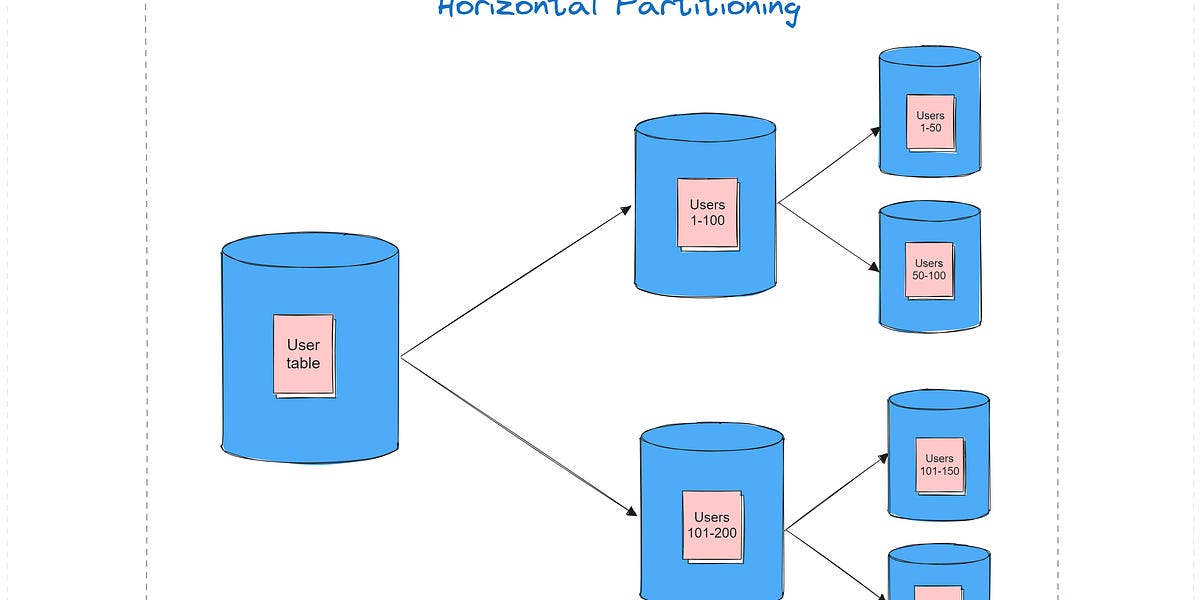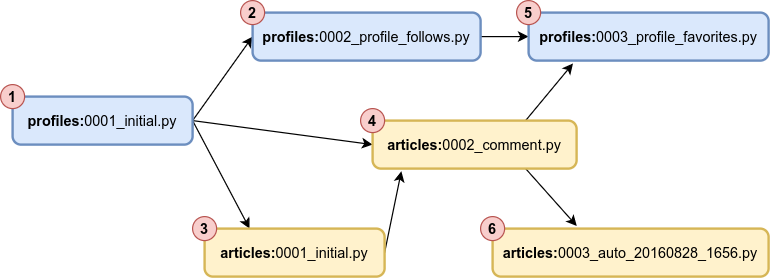
Jade Rubick - Demo-driven development
This is part two of a two-part blog post on how software teams can effectively organize their projects. The first post listed three common anti-patterns for managing software projects on teams.
Over the years, I’ve copied and developed a set of practices that I’ve started calling “demo-driven development”. I believe it incentivizes the right things to both improve your planning, and take into account the chaos and change in product development.
Demo-driven development is a practice where you use regular demos, a standard week-by-week project plan, and value-based user stories to plan the team’s work. You use these to drive meetings that encourage more active tweaking and improvement of the project.
This approach works because you’re thinking backwards from the needs of customers, and focusing the team on the problems to be solved each week. People have an innate need to feel progress, and to connect their work to the value they’re delivering. They love to solve problems instead of checking off tasks. This approach is more aligned with how human beings find satisfaction.
Demo driven development also works because it introduces a structure that encourages conversations. Plans are simple and easy to play with. User stories are at a level of granularity that make it easy to control scope. This leads to more fluid and dynamic projects — projects that are actually managed as opposed to projects that run on autopilot.





.jpg)











/cdn.vox-cdn.com/uploads/chorus_asset/file/25417952/transformers_megatron.jpg)




